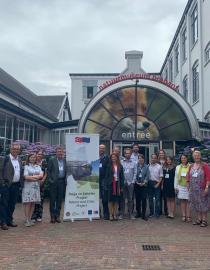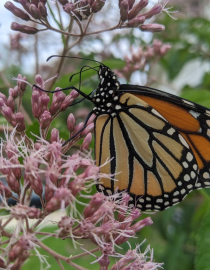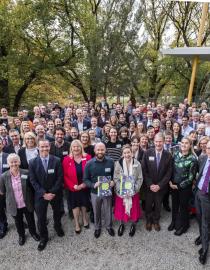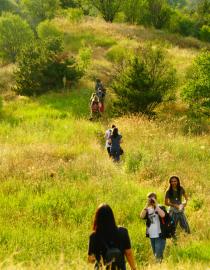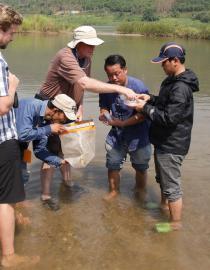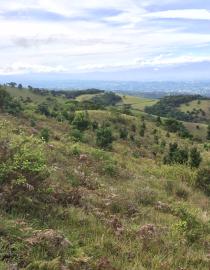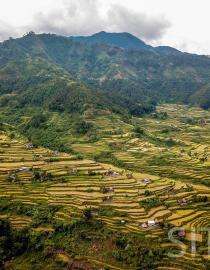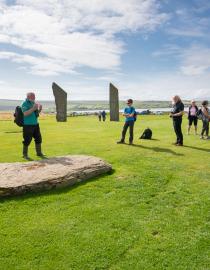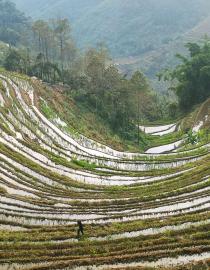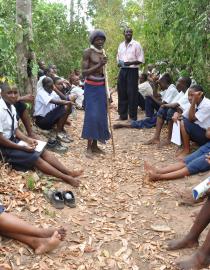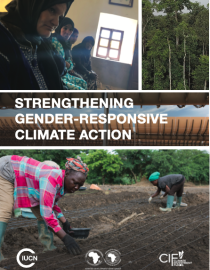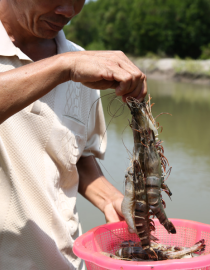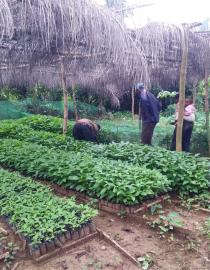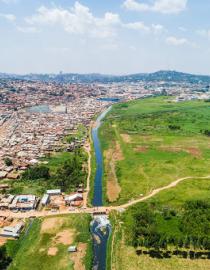
solutions
Developing a multi-stakeholder network (farmers, community members, government agencies and the academe)
Creation of collaborative research projects on Indigenous and Local Knowledge
Re-valorization of the Indigenous culture through its integration in the education system
Establishment of a multi-functional community knowledge centre
Training high-school teachers on traditional knowledge and local culture
Heart of Neolithic Orkney World Heritage Site Steering Group
Partnership for the enhancement of visitor experience for tourists and the benefit of local people
Ranger Service
Community and local stakeholder consultation for the Management Plan of the Heart of Neolithic Orkney
Establishing a multi-level partnership (Prefecture-County-Township-Village)
Participatory research in cooperation with scientific institutions
Restoration of traditional water-woods, canals and channels
Increasing the economic value of terrace products
Legislation regulating protection and development
Sacred and cultural values of the Mijikenda Kaya Forest
The custodianship of the Mijikenda
Traditional knowledge and supporting regulatory systems: institutional and regulatory partnerships for the protection of the kaya forests
Synergetic protection under UNESCO’s Conventions: World Heritage and Intangible Cultural Heritage
Education and training for farmers on organic shrimp certification
Incentives to conserve and restore mangroves through organic shrimp certification
A conducive environment
Skills in business strategy
Research/Risks and Gaps Analysis

